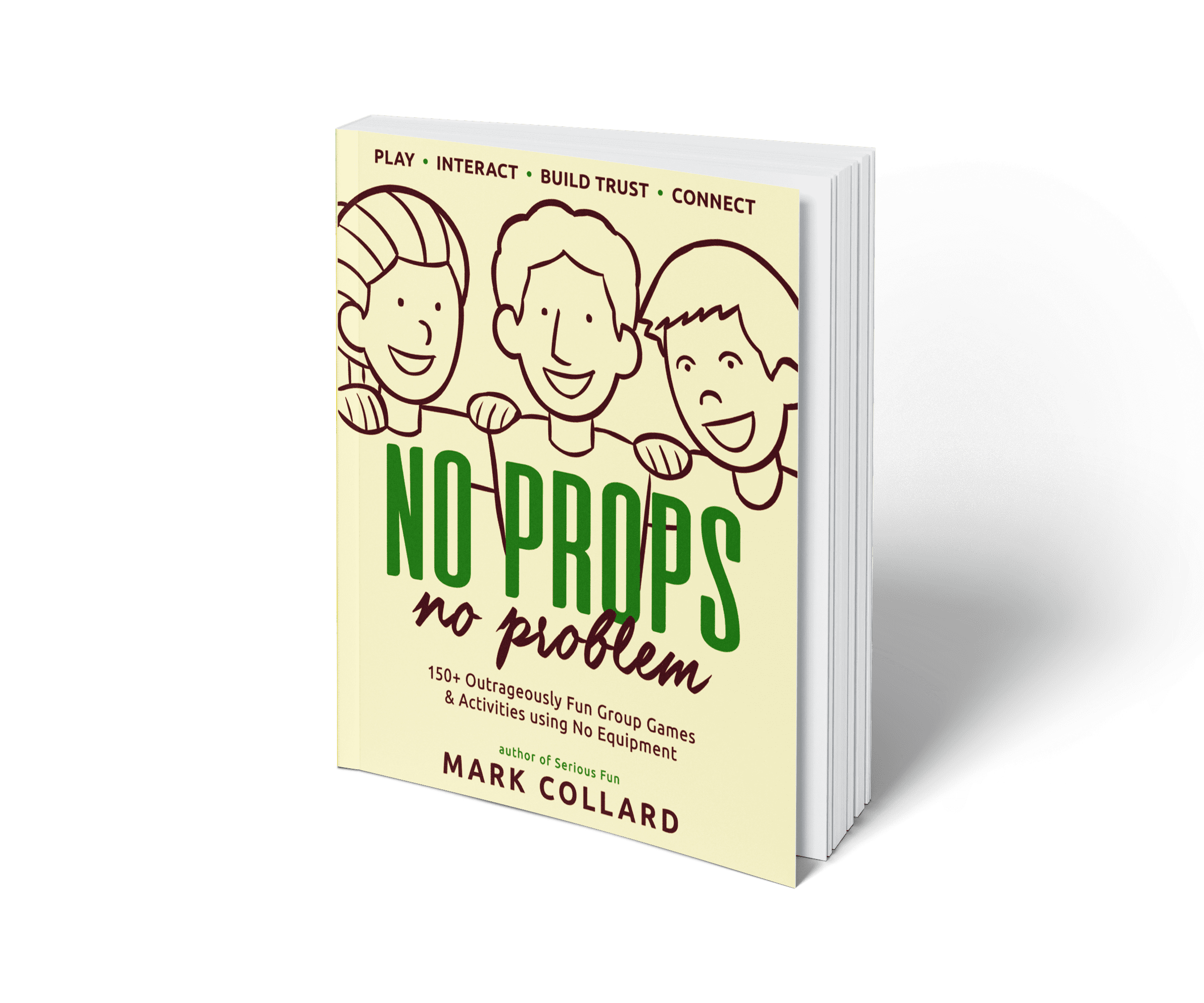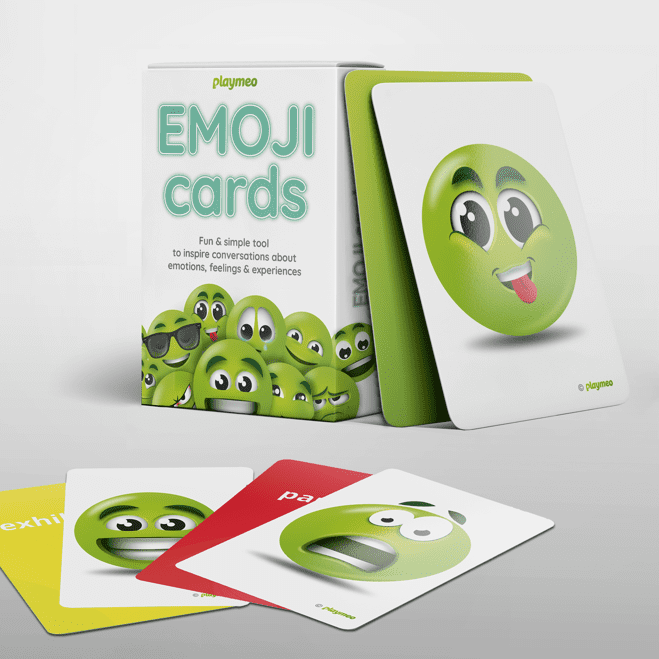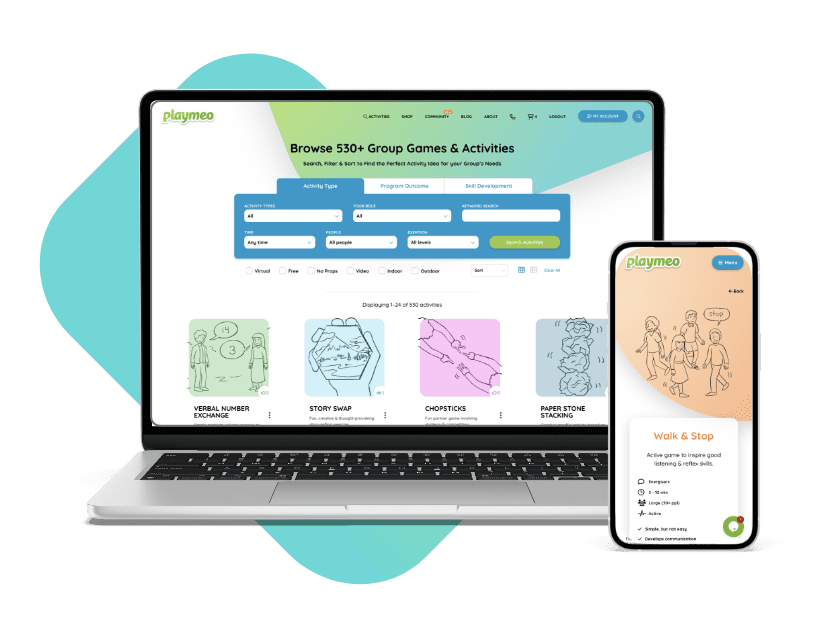Trust me, I’m a doctor.
We’ve all heard this phrase before and have possibly applied its essence to our work.
In the game I play as an experiential educator and group facilitator, I sometimes have to invite my client to “trust me” insofar as it comes to the process I may employ to achieve a particular outcome.
Process, naturally, manifests in many different forms.
Here’s a quick personal story that illustrates what ‘trusting the process’ can look like.
Creeping Up on the Grand Canyon
I enjoyed a two-week tour of the southeast of the United States many years ago. As with many bus tours, we hit many popular tourist hotspots along the way – Los Angeles, Yosemite National Park, San Fransisco, Las Vegas, and…. the Grand Canyon.
For those who don’t know, the entrance to the Grand Canyon National Park appears long before you reach the canyon’s rim. That is, you may have entered the park, but there’s nothing to see for a long time.
No sooner had we entered the park, and the tour guide distributed a blank paper supermarket shopping bag to everyone on the bus, together with a bunch of markers.
Our instructions were clear. Spend the next minute or so to draw a large face on the bag, including eyes, nose, mouth and ears. We diligently followed our tour guide’s instructions while sneaking peeks out the window trying to catch our first glimpse of the canyon. Little did we know, this was never going to happen.
When ready, we were asked to place the bags over our heads.
We sat there, brandishing our paper bag heads for another five minutes. We could see nothing. I can recall thinking that this stunt must be a lot of fun for the tour guide who is enjoying a good chuckle at our expense, ie I could not appreciate her process.
Then the bus stopped.
We were instructed to keep our ‘masks’ on until we were given the signal to remove them. One by one, we were invited to slowly get up off our seats and depart the bus for outside.
Now, our vision may have been blocked, but our ears were not. There was clearly an audience outside because all we could hear were dozens of people talking and laughing (and probably pointing at us) as we clung tightly to the person in front of what must have been a very long blind-leading-the-blind line.
After a few moments and gentle orienting nudges, our tour guide finally asked us to lift off our masks.
Voila!
Stretched out before us was the northern rim of the Grand Canyon at sunset.
A. Maze. Ing.
This view is etched in my mind as one of the most beautiful things I have ever seen.
The prep required to attain this result is a story I have told many times because it was fundamentally related to “trusting the process.”
Our tour guide had probably introduced countless groups to the Grand Canyon using this paper-bag blindfolded technique, and in every case, she was inviting us to trust her.
There was no gradual build-up of tiny glimpses of the canyon getting closer and closer – just a lot of darkness and curiosity and then BAM – an extraordinary vista.
Importantly, this was not a stunt our tour guide introduced on our first morning together. It occurred much later into the trip, after much trust had been earned.
Top Ten Icebreakers & Group Games
Download our free 28-page ebook jam-packed with outrageously fun activity ideas.
Trust Has To Be Earned
When our tour guide asked us to create our paper bag masks and then urged us to resist the temptation to remove them early, we followed her advice because she had earned our trust courtesy of many other earlier experiences. It was a gradual process, drip by drip, during which her trustworthiness was built.
However, let’s suppose for a moment that the paper bag stunt was pulled out on our first day. It is possible that, for some people, not enough time would have elapsed to fully trust our tour guide’s request (process) to keep their masks on at all times. A few sneak peeks would not have been disastrous, but there is no doubt that the end result would have been less rewarding.
The same is true for the groups we work with.
For example, some very established groups that have engaged me for ‘team-building’ purposes will occasionally suggest that I “dispense with the icebreaker games” because everyone knows everyone. Yeah, right. In my experience, this is rarely the case and, more often than not, it is simply code for “we are aware of each other’s presence” – they don’t usually know much about each other at all.
So, in these situations, trusting the process may look like me introducing many fun, highly interactive “get-to-know-you-better” activities. In my experience, these activities produce the most potent ‘team-building’ experiences I facilitate.
Is It Enough to Say “Trust Me?”
Um, no.
Trust must be scaffolded gradually over time or at least supported by ample evidence that it is worth the risk.
The latter is particularly true in the case of client negotiations. A thirty-minute conversation is rarely sufficient to build trust in your process, so I like to provide many case studies and examples to support my argument.
For example, just last week, I presented a 90-minute interactive session for a large conference group at the very start of the first day. It was a hoot.
However, the client had initially requested that I deliver this session on the second day, ie to serve as a welcome break in the program. I argued that the proposed session would work much better at the start of the first day because it would kick off the conference with a bang and generate much-needed energy to build relationships, which would leverage many more conversations during the rest of the program.
In effect, I was saying ‘trust me’ because this has worked on many other occasions. But, viewed from the client’s perspective, I needed to back up my claims before they could feel comfortable to trust the process I had described to them,
How Do You Earn Trust?
I’m curious.
How do you earn the trust of your groups or your clients? What process are you asking people to accept blindly?
I’d love to hear your perspectives on this topic – share in the Comments section below.

No Props? No Problem!
Get 150+ no-prop games & activities + exclusive 30-day free trial of playmeo. Scan QR codes to view activity videos, leadership tips, etc.

EMOJI Feeling Cards
50+ cards that portray a range of emotions from happy, sad, angry & confused. Ideal for building emotional literacy skills.

Wow, you’ve been busy!
You can open 1 more
activity for free.
Limit resets every 24 hours
or click below to get unlimited access.











Original post November 2023, last updated November 2023.